Pécs has a long tradition of cooperation between the university and civil society organizations. One such methodology that promotes joint work is the Science Shop, “which channels questions from civil society organizations, social enterprises, non-profit organizations, informal communities, and active citizens into university courses and research, where teachers, researchers, and students work together with the questioners to answer these questions,” , according to the self-definition of one of the most significant programs in Hungary, the Corvinus Science Shop.
James Hagan, Deputy Ambassador of the Irish Embassy, Professor István Tarrósy, International Director of the University of Pécs, and Gábor Zag, Deputy Mayor of Pécs, also spoke on the subject at a conference organized by the Power of Humanity Foundation in the Faculty Council Room of the University of Pécs on October 17.
Community learning is a pedagogical approach that strengthens the dialogue between science and society, reduces social inequalities, and promotes joint solutions to community problems. The science shop is an institutional form of community learning that serves as a link between academia and civil society organizations.
“The aim of the conference is to raise awareness among local stakeholders, primarily educators and civilians, about the importance of cooperation,” explained András Nyirati, president of the Power of Humanity Foundation. He hopes that more educators and students will be encouraged to participate. “During the conference, participants were able to learn more about the methodology, we mapped out the foundations that already exist in Pécs that we can build on, and we thought together about how we can motivate other actors to join.”
At the event, supported by the Irish Embassy in Hungary, around forty people discussed good practices at home and abroad, learning about specific examples from Pécs, as well as the Science Hub at the University of Łódź in Poland and the Science Shop at Corvinus University in Budapest, among others. The Power of Humanity Foundation participated in the latter program in previous years, and inspired by this collaboration, they are currently connecting students from the University of Pécs with local civil organizations through three courses. This program is called the Community, Activity, Partnership.
János Gyergyák then presented the Dönts Velünk! (Decide with Us!) mentoring program, as this year, doctoral students from the University of Pécs helped with the work of the idea-generating workshops for the community budget of the city of Pécs. Tibor Zoltán Dányi presented the Lakni kell! (We Must Live!) program: members of the Solidarity Architecture Research Group have been organizing the program for years, in cooperation with civil organizations such as A Város Mindenkié (The City Belongs to Everyone) and the TÁMASZ Foundation. The aim of the program is to make future architects sensitive to social issues.
Finally, Fanni Trendl shared her experiences of volunteering at the specialized university college program with the audience. Since 2013, students at the Wlislocki Henrik College have been doing volunteer work every semester at a civil society organization or school, based on the recognition that volunteering becomes the foundation of social and positive psychological capital for disadvantaged Roma university students.
The conference ended with a discussion with participants seeking answers to questions such as why it is worthwhile for a university to have a science shop, how an educator benefits from joining the program, what added value a course project can offer a student compared to the usual university learning environment, and what can motivate a civil society organization to invest resources in a course project.
